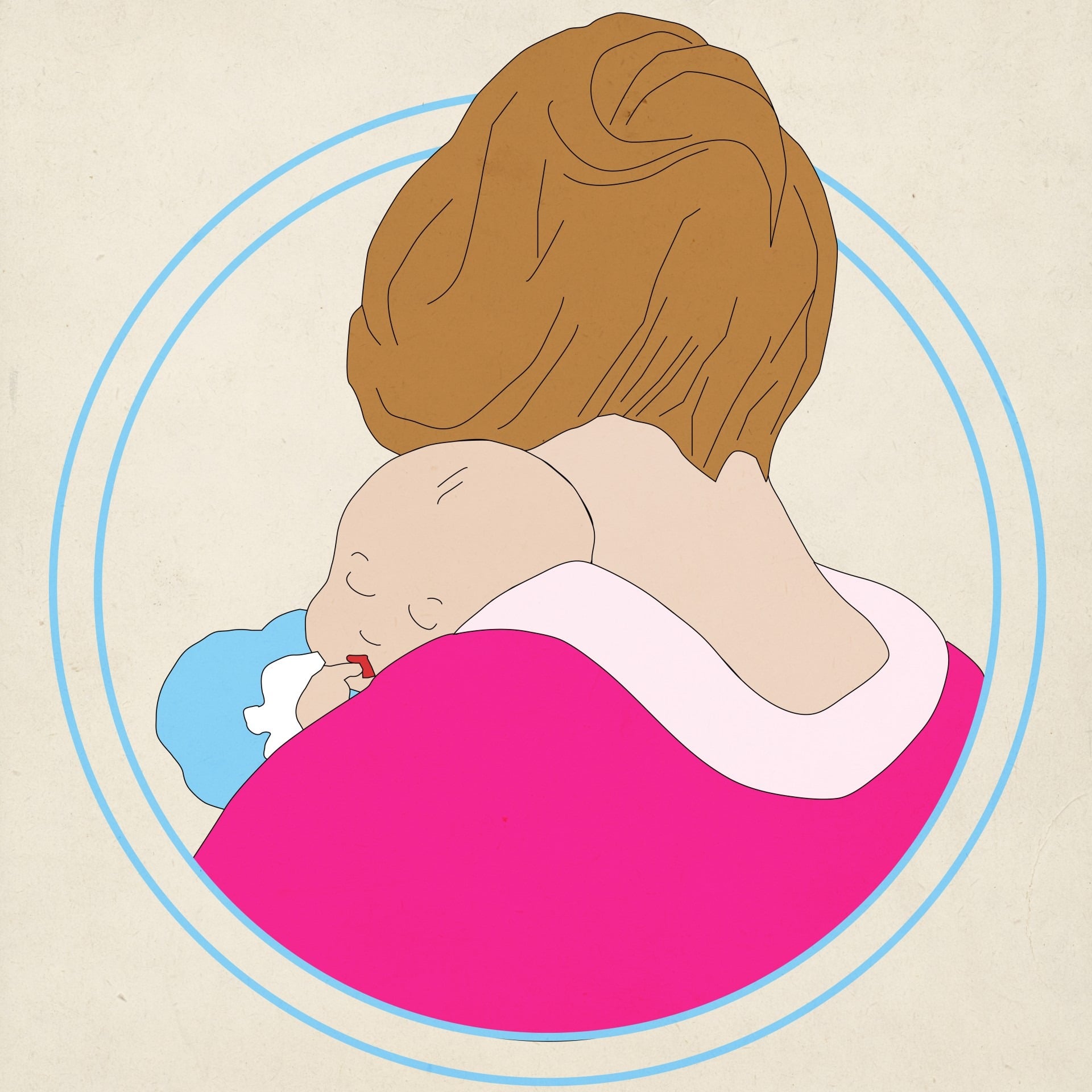If you’ve got a little one who toddles around with a hand to the mouth, you can admit there is one thing that has already dreadfully crossed your mind: How do I break this habit?
An important thing to remember is that thumb sucking is not only common, but it is completely normal behavior.
In fact, it’s so common that thumb sucking is seen in around 30% of one-year-olds and thankfully drops off to 12% by the time they reach the age of 4.
Take a breath knowing you are certainly not alone.
For all children, especially those older ones that still engage in the behavior, thumb sucking can be such a hard habit to break because of the reasons behind the action.
Here at Holly Tree Pediatric Dentistry, we want you to understand not only why your child engages in this behavior but also the future impacts it can have on their oral health.
By understanding these two things, you can be prepared to intervene if necessary and you might be surprised at how easy it can be to break such a monster of a habit.
Understanding Why
The answer to this one is pretty simple: it’s instinct. Babies start sucking their hands or thumbs in their mother’s womb long before they’re ever born into this world.
What starts as a learned way to self-soothe simply turns into a habit. It’s important to understand that thumb sucking is not always a bad thing.
When your child sucks his or her hand or thumb, they are engaging in a behavior that they have identified as safe and calming.
This certainly doesn’t mean we should get comfortable with our child’s thumb-sucking habit. Before intervening, it is worth it to see if your child will stop thumb sucking on their own first.
Statistics show that’s actually very likely to happen. One study found that most children stopped sucking their thumb completely on their own between the ages of 3 and 6 years old.
For many children, the social influences of starting preschool and learning to communicate are enough to cause them to stop…they don’t want their friends to see them acting like a baby!
For others, they may need a gentle nudge in the right direction.
Here at Holly Tree, we do recommend letting the habit pass on its own, but it’s important to know when it’s time to give them that nudge.
In some instances, thumb sucking can be a great threat to a child’s oral health even when it is within the normal age range. It’s important to choose a pediatric dentist you can trust, maintain open communication, and make regular dental visits.
Creative Thumb Sucking Solutions
One of the recommendations from our pediatric dentist here in Simpsonville, SC is to use positive reinforcement.
You should start with clear goals so the children know exactly what to expect and exactly when they get their reward.
For some older kids that are able to go a week without sucking their thumb, this might look like a trip to the toy store or a fun family outing to the zoo and museums.
Others may be content with a simple sticker chart and earning a shiny sticker for every day they go without putting their fingers or thumb in their mouth.
But for some children, a more immediate recognition might be needed.
A pro tip for kids who need to see their hard work paying off: shorten their goal. Instead of giving them a reward or sticker every day, they now get one for every thumb-sucking-free hour or two.
You can even set a timer over and over again so they can hear it go off, celebrate their success, and reset to do it all over again! At the end of the day, count their stickers so they can see how many times they didn’t put their hand in their mouth.
Next, you can gradually extend the time between each sticker or reward. You are keeping the end goal achievable, showing them they are capable, and setting them up for success.
It might seem excessive, but for some of these kids, thumb sucking is their security blanket, and taking it away is a big deal to them. Praise and recognition are such important parts of their success.
Distract, Distract, and Distract Some More
Most children will instinctively start sucking their thumb while watching TV, falling asleep, or riding in the car. So what do these three things have in common? Their hands are not busy.
When helping your child break the habit of thumb sucking, try to avoid any situation that makes them idle for an extended period of time. (We’re definitely not saying take away TV or their tablet while trying to break this habit).
We understand this is a trying time for everyone and you shouldn’t change other aspects of their life during this time.
However, you should help set them up for success by helping them keep their hands busy. Grab some of the ever-popular fidget toys the next time you’re at the store and have a nice little surprise stockpile ready to go!
Their little hands will be so busy so they won’t even realize they’re not in their mouths!
The Negative Effects of Thumb Sucking
Our pediatric dentist specialists here at Holly Tree want to make sure you understand that excessive, prolonged, or aggressive thumb sucking can have detrimental effects on your child’s mouth and jaw.
When your child sucks their thumb or their fingers, pressure can be placed on the lower or upper teeth and jaw. Too much of this pressure can cause problems that could even stunt growth.
In addition to jaw changes, thumb sucking can also affect the palate, tongue placement, and even speech into adulthood.
Possibly the most popular thumb sucking question we get asked: Are they going to have crooked teeth? To prevent this, it’s important that children STOP sucking their thumbs as soon as those baby teeth start to wiggle.
Children who still suck their thumb after getting grown-up teeth could face severely crooked teeth, most of the time causing the teeth to move upward and stick straight out from their mouth and jawline.
While we recommend waiting on the thumb-sucking habit to break on its own, knowing when the time has come to stop can prevent long-term problems or costly orthodontist visits.
Awareness and Knowledge Are Key
We want you to understand that breaking the habit of thumb sucking does not have to be a stressful or trying time.
Like many phases during your child’s life, it’s a time of transition and change. Preparing yourself with knowledge and tricks to overcome this habit can make all the difference in the ease of the transition for you and your child.
If you’re worried about the effects of your child’s thumb-sucking habit or are searching for a pediatric dentist in Greenville, SC (or the greater Greenville, SC area), contact us today! We offer free first visits for children 2 and under!



